Forum Theatre’s How We Got On
Idris Goodwin’s How We Got On is an unusual, moving, and entertaining coming-of-age story. Three African American teens in a wealthy, Mid-Western suburb in the late 1980s struggle with cultural isolation, family pressures, and the elusive adolescent task of discovering, asserting, and valuing themselves. Through their mutual love of hip-hop—and their ambition to be hip-hop artists themselves—they find friendship, joy, and a means of speaking their truths. This is no small undertaking, given that the musicians they revere sing of life in the hard city. The teenagers—Hank, Julian, and Luann—have to fit the hills and basketball camps of their daily lives, where crickets, not sirens, are a constant, into a genre suffused with urban edginess.
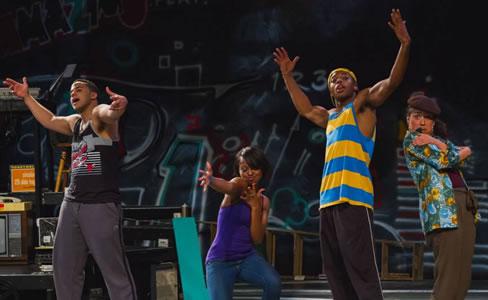
Luann teaches Hank how to create rhymes inspired by the sounds and images at hand. She teaches him how to create with joy, using the breath as a starting point. Hank, in turn, teaches Julian. The lesson is not just one of how to create, but of how to grapple with pain through that creation. Julian finds out he will be sent back to the city to live with his mother. As he attempts to come up with some lyrics, Hank tells him to breathe in his worries and pain and to breathe out joy. Julian breaks down and sobs. Hesitantly, Hank places a hand on his back and asks if he’s ok. The machismo and posing that characterize the music they listen to, which had made Julian turn from rapping for a while—he found it to be all a lie—are dismantled in that moment. Julian dries his tears and continues, finding a way to rap authentically and to make art from his pain.
At a moment when protests against police brutality have been violently suppressed, the play’s emphasis on artful, irrepressible expression is important.
The play, a regional premiere, is a good fit for Forum Theatre, which produces relevant, adventurous, community-building work in the diverse Washington, DC suburb of Silver Spring. Forum Theatre’s intimate space allows for full audience participation at the different points where it is invited (audience members, for example, cheer for Hank and Julian as they face off in a school band competition).
The set requirements are easily fulfilled. The script calls for a DJ booth with a mic and easel. Set designer John Bowhers centers the booth with roughly painted white lines leading out in starburst fashion across a black floor from the booth to the edge of the stage. Low platforms that the teens stand atop as they rap are a nice touch, as is a wall filled with graffiti that runs behind the DJ booth. A couple of bike racks round out the believable world Bowhers’ set creates.
Under Paige Hernandez’s skillful direction, the production is consistently engaging and at times quite moving. Hernandez, who is also a dancer and choreographer, ensures that the space on the stage is well used and she creates a sense of fluidity that pairs well with the vibrant and lyrical language of the play. A hip-hop education advocate, Hernandez’s belief in the value of the work shines through, translating into well-executed, lively, and joyful performances by actors Kashayna Johnson (Luann), Manu Kumasi (Hank), and Thony Mena (Julian). Alina Collins Maldonado plays the Selector, a spunky DJ/narrator who sets the context for the story and explains the conventions of hip-hop, at times demonstrating DJ techniques like remixing and looping through conducting the actors as if they were records she was spinning. The actors, for their part, are required to repeat phrases again and again precisely and mechanically, trading off lines and parts of sentences. The acting is first rate. Manu Kumasi and Alina Collins Maldonado are particularly engaging. Maldonado, in addition to playing the Selector, takes on the roles of each of the teens’ fathers, flipping seamlessly from one to another. In a particularly moving moment, as Hank’s father, she recites “Those Winter Sundays,” a poem by Robert Hayden about stoic fatherly love and a son’s failure to understand it.
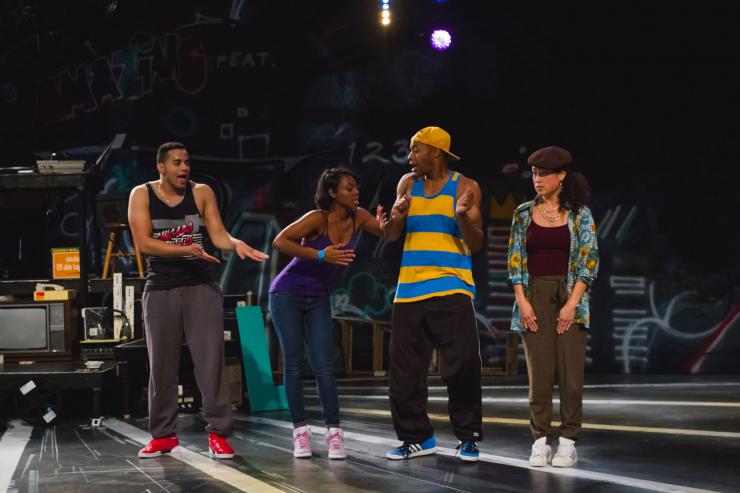
How We Got On is a relatively new play. It premiered two years ago at Actors Theatre of Louisville’s Humana Festival. Though set in 1988, the play’s insistence on the power of words, creativity, and voice as a means of self-assertion, growth, and transformation is of timeless importance and is especially relevant now. For many who are unfamiliar with the complexities and breadth of the genre, which includes a long history of social protest, hip-hop brings to mind gangsta rap, replete with confrontations with the police, antagonism, and violence. The play works against this trope, showing the essence of hip-hop to be self-expression in its simplest, most democratic form: a mic, after all, is all that is needed. That these gentle teens connect through this form of music, supporting each other and growing into themselves, even while at times expressing anger and alienation, is heartening. In recent days, media covering the Ferguson protests have reinforced violent stereotypes, training their cameras on burning buildings rather than giving airtime to those asking burning questions. At a moment when protests against police brutality have been violently suppressed, the play’s emphasis on artful, irrepressible expression is important. Love and solidarity can undergird the most quotidian formulations, as the poem Hank’s father recites suggests. There is room for it, in the constraints and conventions of the day-to-day, even in the most austere and lonely of places.

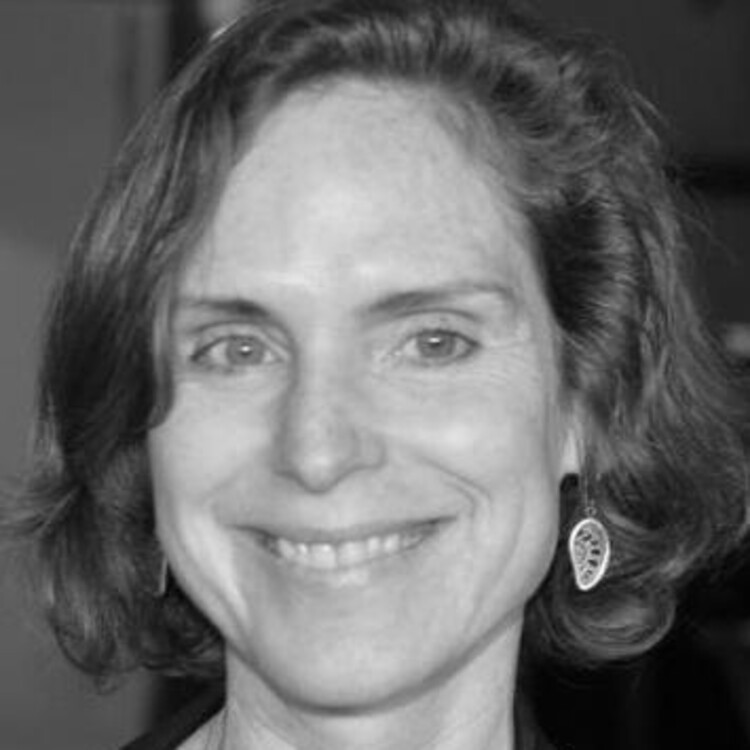
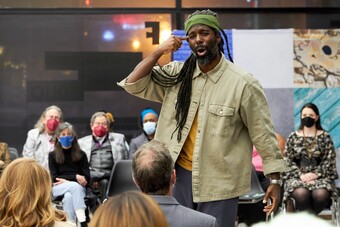




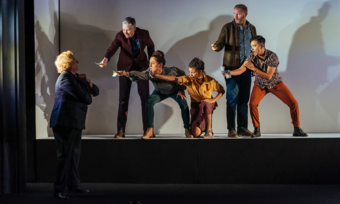

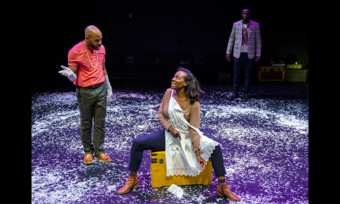


Comments
The article is just the start of the conversation—we want to know what you think about this subject, too! HowlRound is a space for knowledge-sharing, and we welcome spirited, thoughtful, and on-topic dialogue. Find our full comments policy here